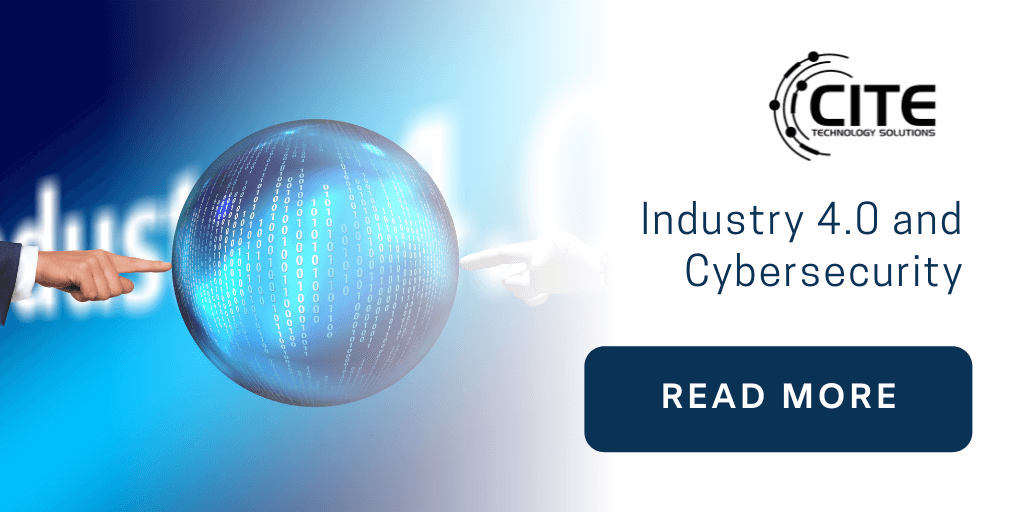Over the last several years, advancing technologies have certainly reshaped the way companies operate on a day-to-day basis, and that leaves no exception for industries like oil and natural gas. Increased communications and control capabilities have undoubtedly allowed for greater efficiency and system operation, but with that comes the opening of doors to new threats and vulnerabilities from third party sources. Fact of the matter is, if you have something valuable - there will always be someone else on the hunt to try and take it.
Digitalization in the oil and natural gas industry
Cybersecurity has become more priority than it ever has been and more and more industries are bearing caution and applying more preventative measures in order to safeguard their systems and data. Like any other heavy industrial process, the oil and gas system relies on a complex system of information technology (IT) and operational technology (OT) devices. The hack that took down the largest fuel pipeline in the U.S. in 2021 and led to shortages across the East Coast was the result of a single compromised password, according to a cybersecurity consultant who responded to the attack.
Awareness and Training on Cybersecurity
ONG companies tend to be concerned with lack of cyber-awareness from employees, risk stemming from remote access for operations & maintenance, and software vulnerabilities within third-party equipment. It is clear that a need exists for a coherent, comprehensive, and dynamic strategy for assuring the security and resilience of the nation's pipeline infrastructure against cyber threats.
LLNL (Lawrence Livermore National Laboratory) is working to advance our nation's security by innovating science and technology solutions to improve national energy security and resiliency, while reducing environmental impact.
According to LLNL, there are two key factors currently hindering the development of necessary cyber practices within the ONG industry:
-
The number of differing regulatory bodies and trade groups offering both standards and
best-practice recommendations for ONG cyber-security makes it difficult to create a
comprehensive, stream-lined strategy that is applicable to all individuals within the
ONG industry -
The ONG industry is unaware of potentially useful technologies that have been developed for ensuring cyber-security of other infrastructure systems, such as the electric grid. Leveraging these technologies—and the science and engineering behind them—can provide some low hanging fruit that can greatly improve cyber-security in the ONG industry without significant investments in terms of time and money
CEOs and corporate board members in the energy sector must take advantage of lessons learned from a decade of both successful and failed attempts of addressing cyber risk in order to prepare for the new normal of more frequent and sophisticated cyber attacks on energy systems and critical infrastructure.
How to Stay Ahead of Cyber hackers in the Oil and Gas Industry
There are a few cyber resilience principles learned from real-world experience worth noting when it comes to protecting the integrity of your systems and data in the oil and gas industry:
- Cybersecurity Governance: Cybersecurity efforts rely on broad participation throughout an organization. Making sure your efforts are aligned on all sectors and followed through but having accountability standards are critical to success.
- Corporate Responsibility for Cybersecurity: Acknowledging that cyber threats are likely to occur and keep occurring, so organizations should be thorough and diligent about managing those risks.
- Comprehensive Risk Management Approach: Managing cyber risks requires ordinance, funds, resources, and responsibility. In the oil and natural gas industry, it’s especially important to detect and minimize risks to all parts of the value chain, so that one weak link doesn’t bring production to a halt.
- Cyber Resilience Plans in the Organization's Entirety: Understanding that cyberattacks will continue to happen, it's important for companies to build resilience plans to help mitigate the damage for those who are successful in their attacks both partially and fully. Cybersecurity exercises allow for organizations to be able to test and improve their defenses already in place - and also allow for them to see where they can introduce new safeguards. Additionally, cyber insurance can help mitigate financial losses in the case of an attack.
HOW WE CAN HELP
Cite Technology Solutions is now offering a FREE Comprehensive Network Assessment to anyone who is interested in learning more about how secure their network is and want to explore any tech-related interruptions! Our comprehensive IT assessment uses advanced technology to scan your network and uncover rich information pertaining to performance, security, risk and exposure. The assessment takes place at your premises and is covered by a nondisclosure and confidentiality agreement, giving you complete control to safeguard your organization.
Click below to sign up today!




.png?width=1200&name=Featured%20Images%20-%20CITE%20(3).png)


.png)

